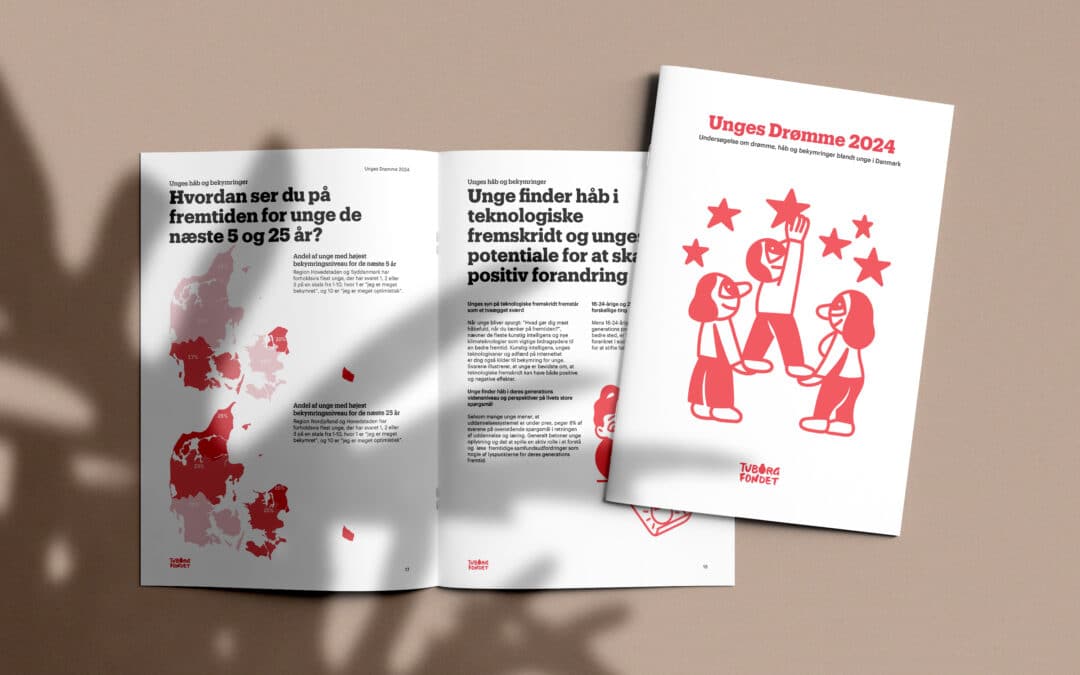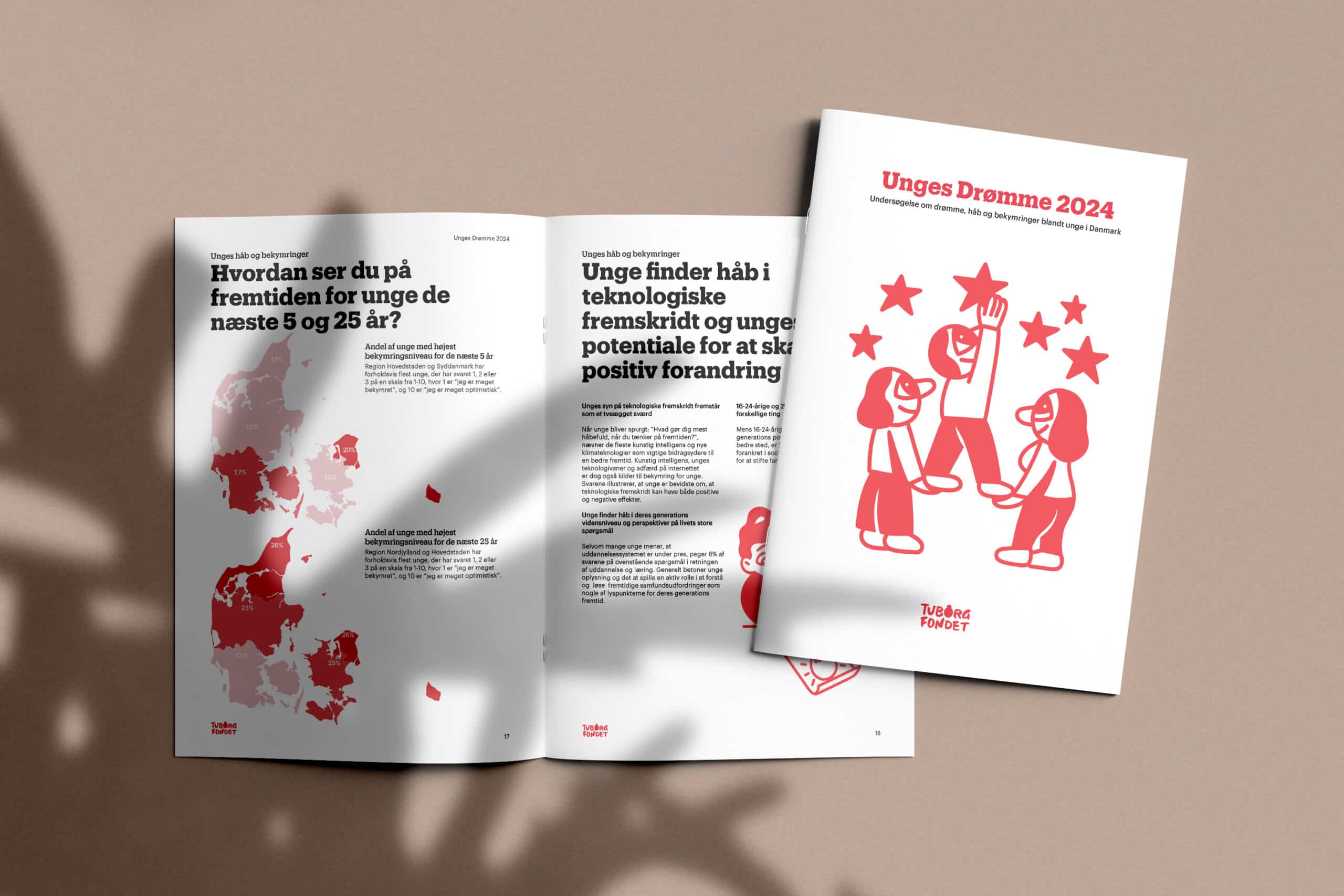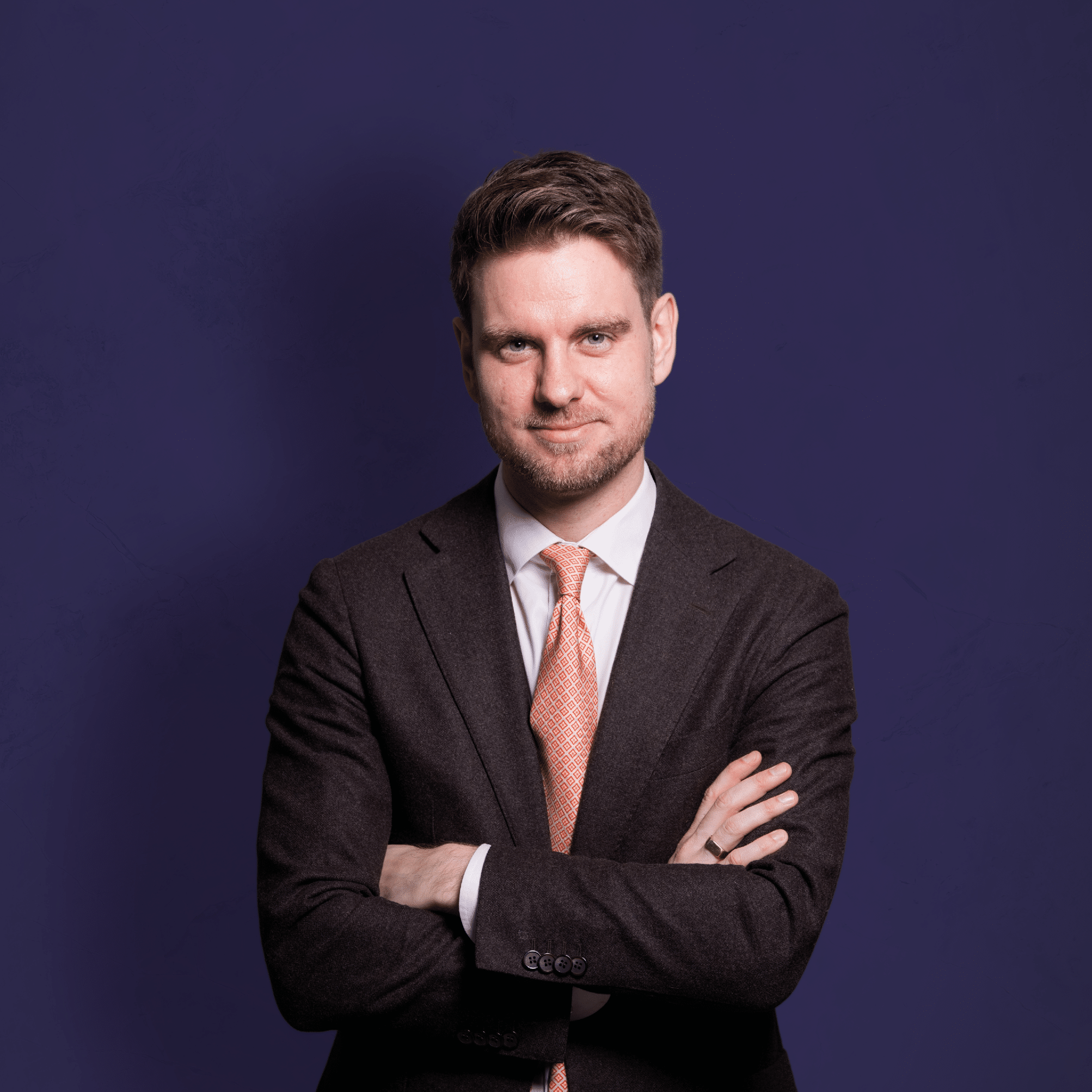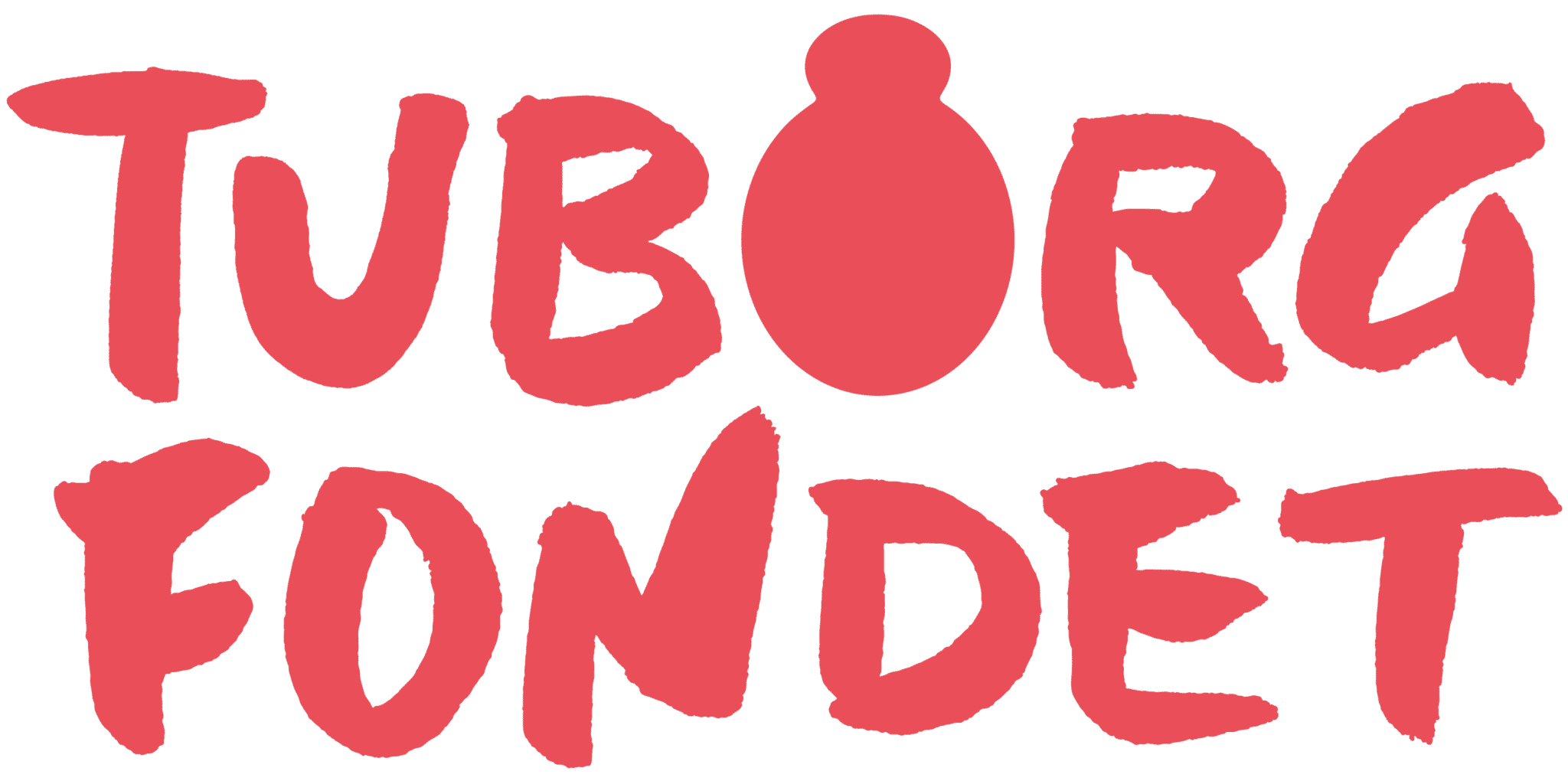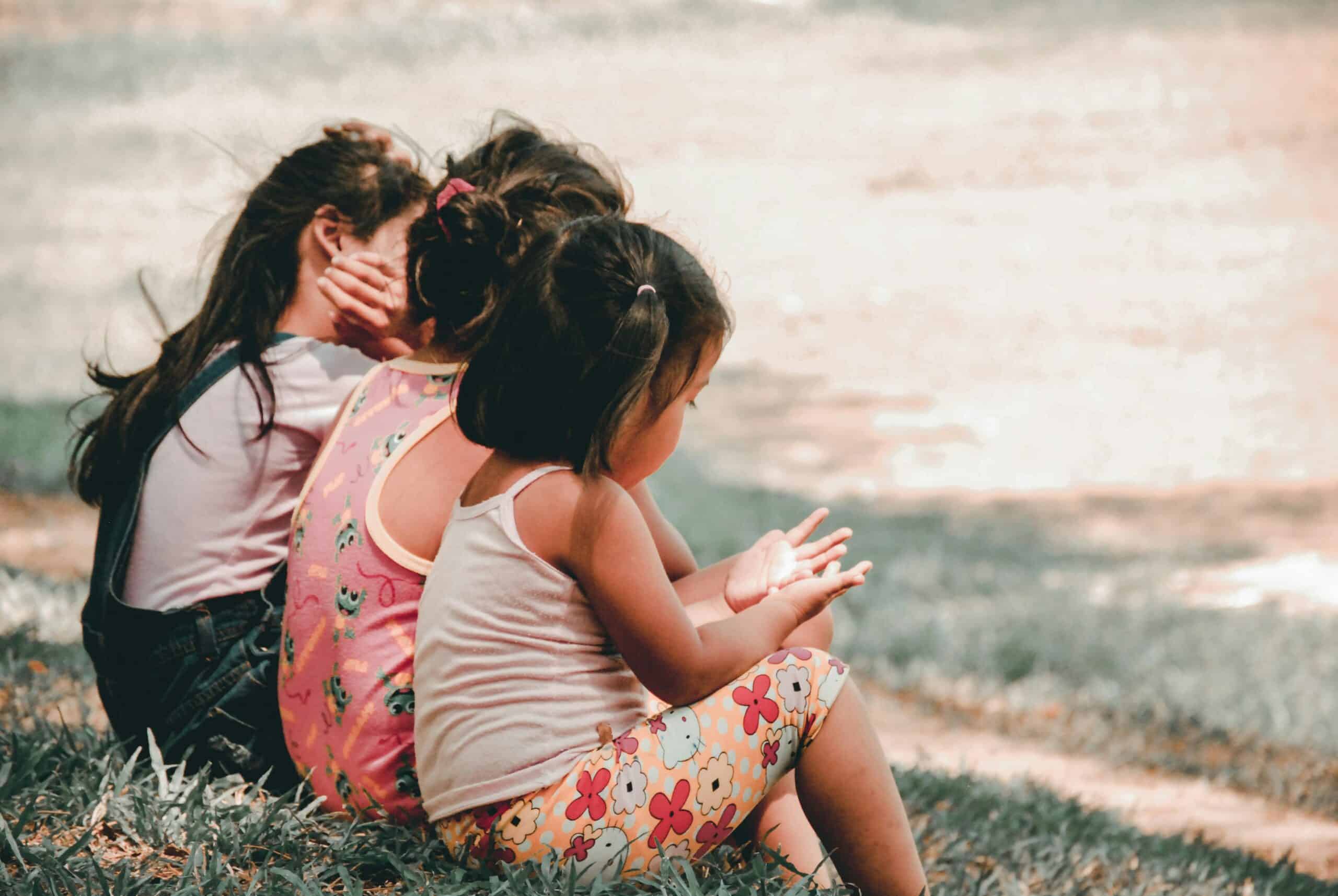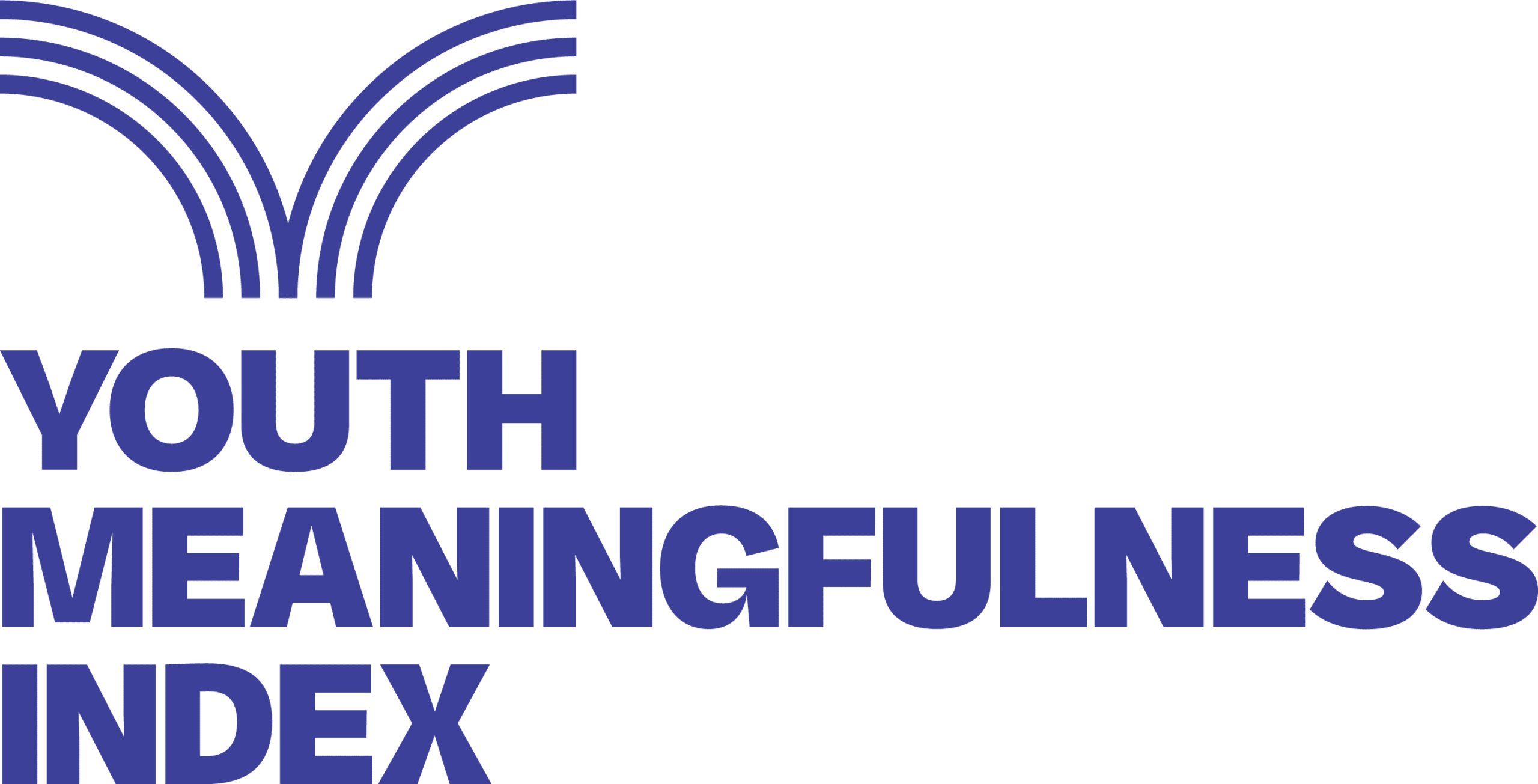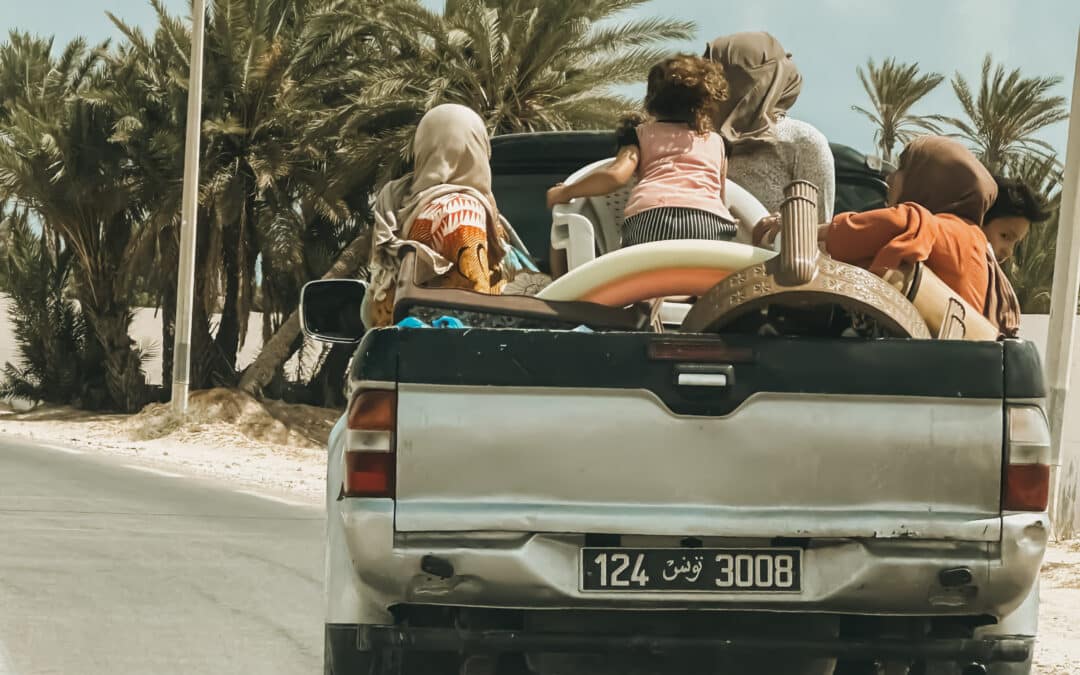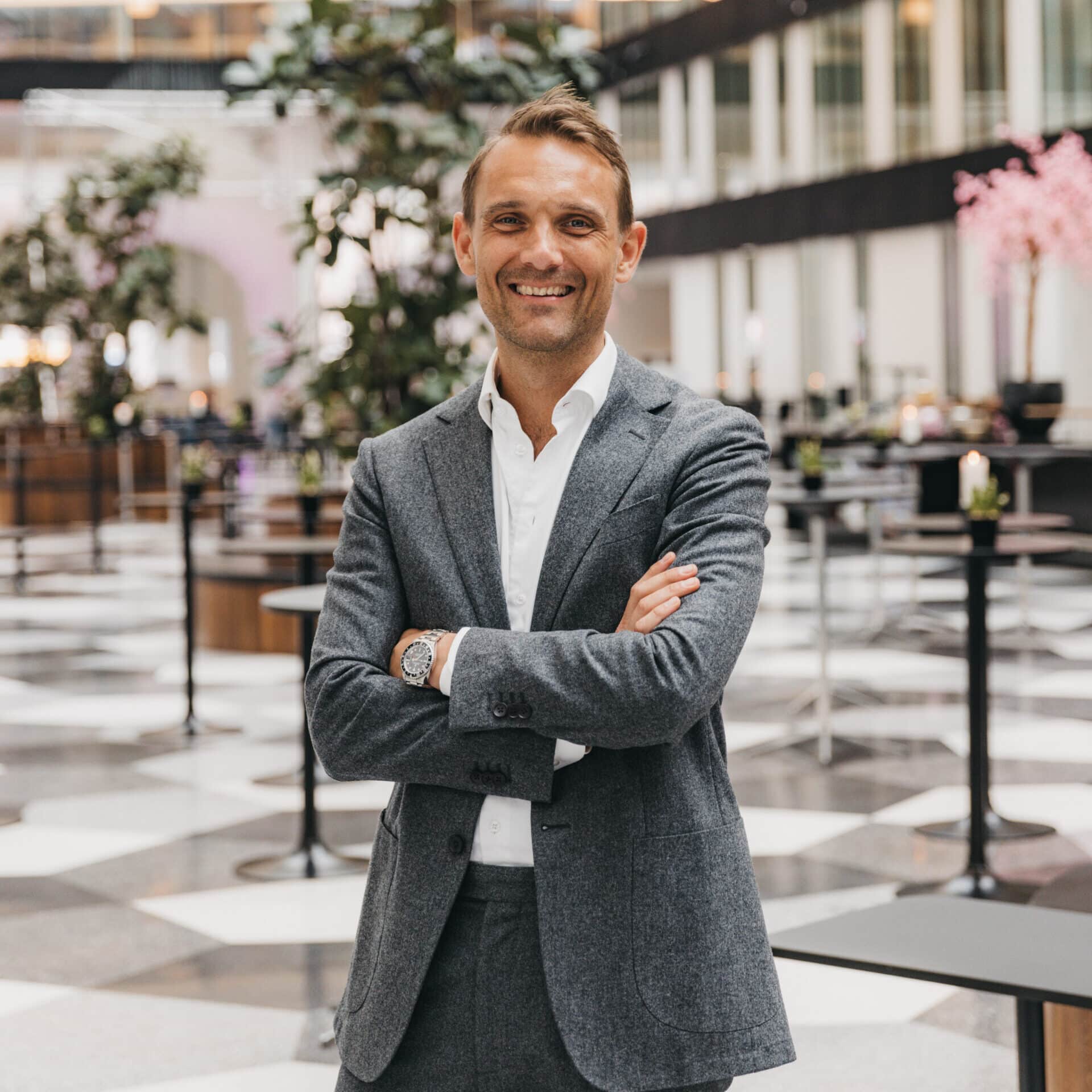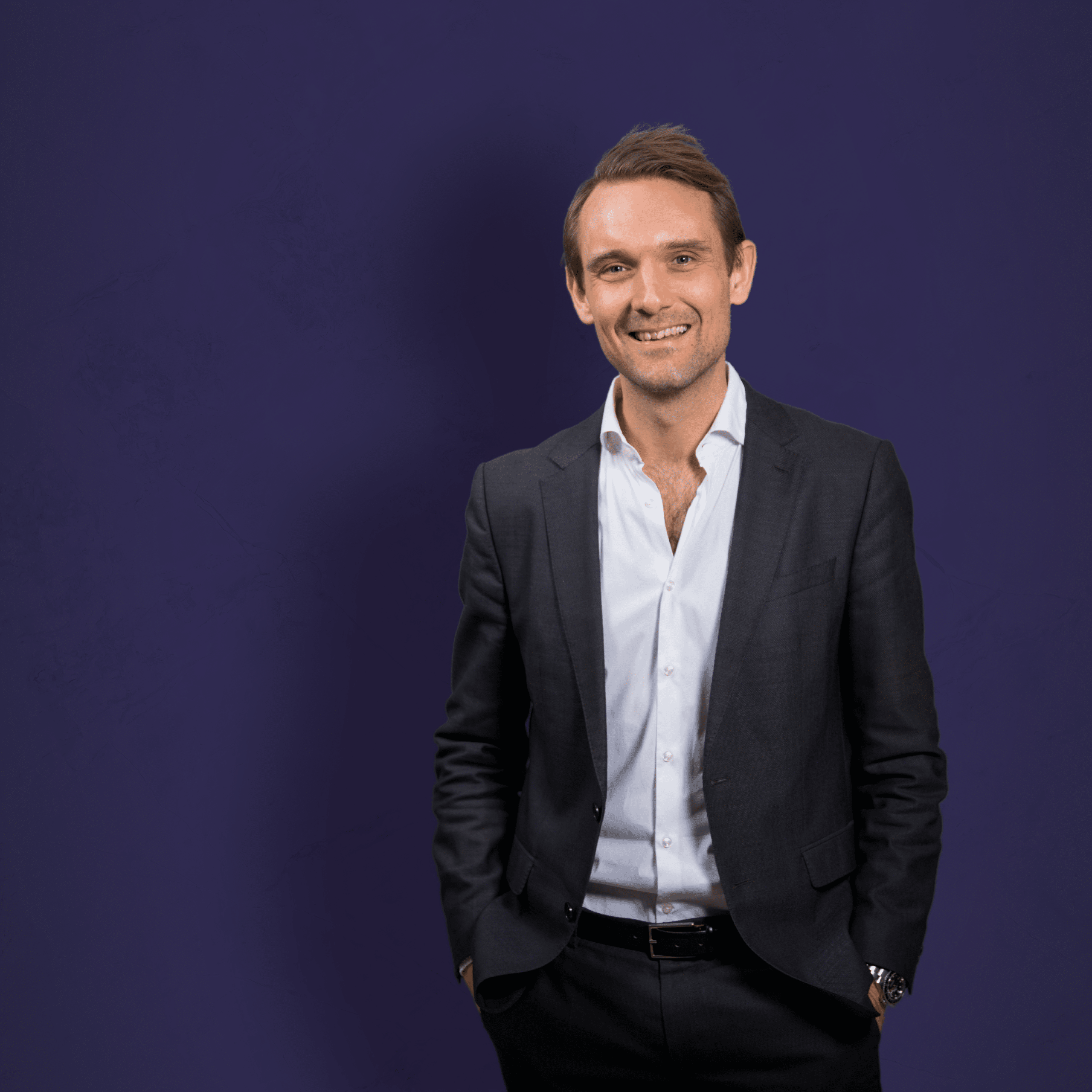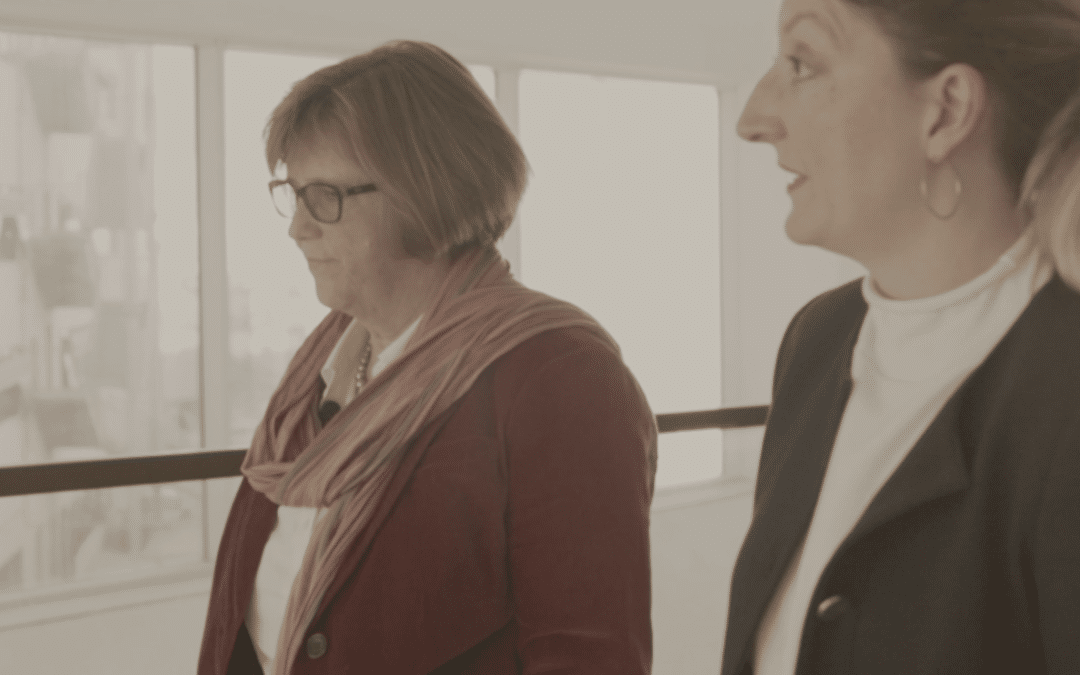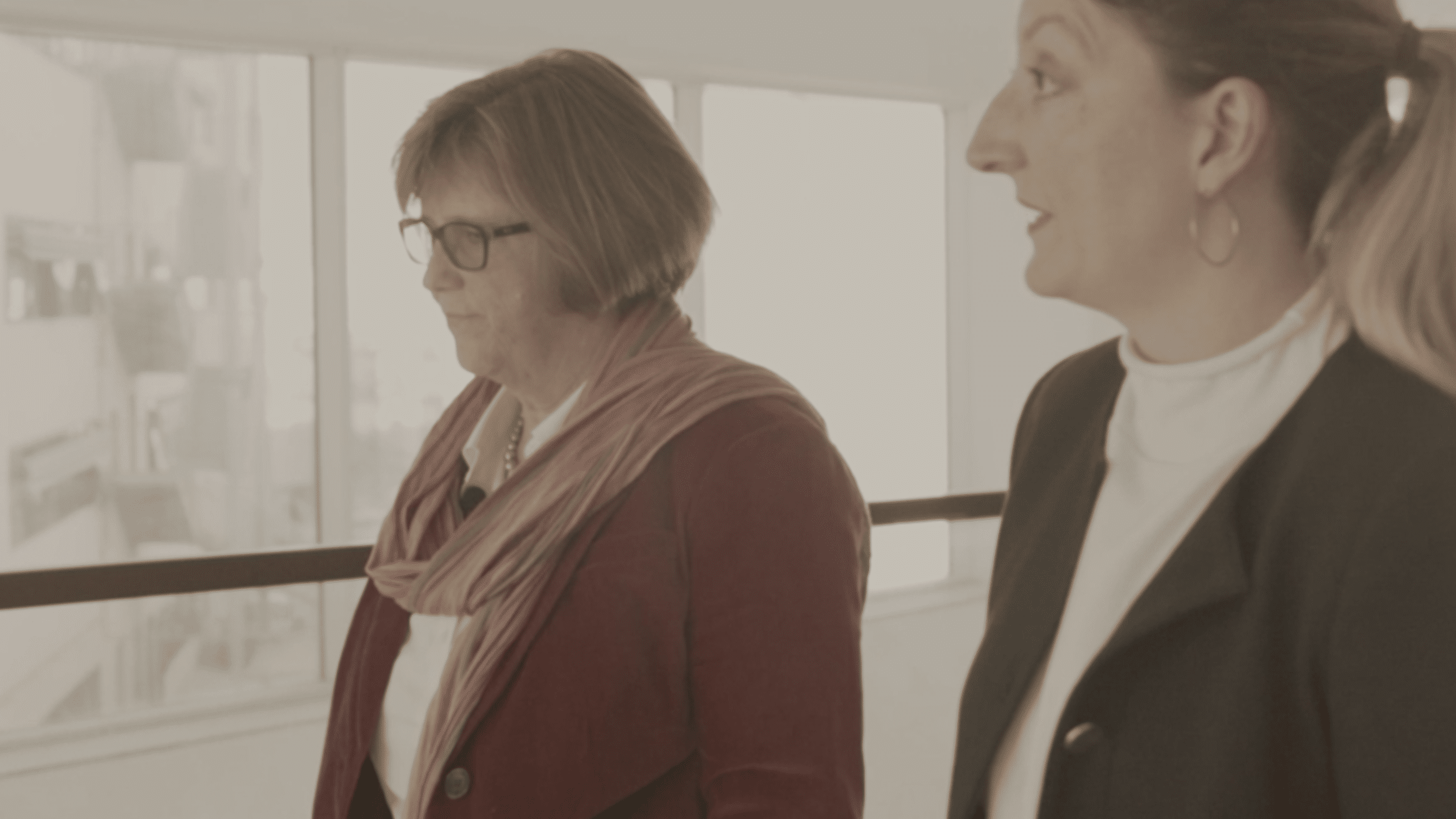Reviving the Spirit of Mosul

Meaningful Societies
Reviving the Spirit of Mosul

Rebecca John
How can rebuilding a mosque or church help heal a city torn by war?
In Mosul, where cultural landmarks once stood as beacons of coexistence, UNESCO launched an ambitious restoration project to revive not just structures, but also spirits. Voluntās was invited to evaluate this landmark initiative—uncovering how physical reconstruction can spark social cohesion, livelihoods, and a renewed sense of meaning for a community rising from devastation.
Voluntās examined the extent to which the reconstruction of key landmarks contributed to the healing of Mosul’s community following large-scale destruction during IS’s 2014-2017 occupation.
Mosul, once a symbol of interfaith harmony and cultural richness, suffered massive destruction during IS’s occupation from 2014 to 2017, with over 70 historic landmarks deliberately destroyed. The conflict displaced entire communities, especially minority groups, leading to a severe humanitarian crisis, weakened social bonds, and significant cultural loss.
As part of UNESCO’s flagship Revive the Spirit of Mosul initiative, the USD 50.4 million project funded by the UAE focused on the reconstruction of four prominent sites—the Al Nouri Mosque and its iconic Al Hadba Minaret, and the Al Tahera and Al Saa’a Churches.
In addition to evaluating the physical restoration of these cultural heritage sites, the evaluation aimed to assess the broader social impacts of the project, with a focus on community engagement, livelihood support, and strategies for promoting social cohesion. Key objectives of the evaluation included:
- Providing evidence-based insights into the project’s overall performance and outcomes for UNESCO, donors, and key stakeholders.
- Identifying challenges and opportunities in integrating cultural heritage restoration with social cohesion, primarily through employment generation.
- Offering actionable recommendations and lessons learned to guide the design and implementation of future initiatives by UNESCO, UN agencies, and NGOs working in urban rehabilitation, cultural management, and heritage preservation.
Situation
The city of Mosul, once renowned for its religious coexistence and cultural heritage, was left devastated after the 2014–2017 occupation by Daesh. Over 70 significant cultural landmarks were destroyed, leading to widespread displacement, fractured communities, and cultural erosion. In response, UNESCO launched the “Revive the Spirit of Mosul” initiative—funded by the UAE with USD 50.4 million—to reconstruct four emblematic sites and revitalize the city’s identity, cohesion, and economy.
Challenge
Beyond rebuilding monuments, the central challenge was to determine how restoring physical structures could contribute to restoring community identity, fostering social cohesion, and supporting livelihoods. The evaluation needed to explore the project’s effectiveness in engaging local communities, providing meaningful employment, and strengthening trust among diverse social and religious groups—all in a fragile post-conflict environment.
Solution
Voluntās conducted an independent final evaluation using a mixed-methods approach—combining interviews, focus groups, site visits, and surveys. The team assessed the project’s relevance, efficiency, and sustainability, with particular focus on how the initiative created employment, enhanced local capacity, and fostered community engagement. Voluntas uniquely evaluated the project’s “meaningfulness,” examining how workers and communities personally connected with and derived purpose from rebuilding efforts. The evaluation culminated in actionable insights for future cultural restoration initiatives.

Evaluating the relevance, effectiveness, efficiency, sustainability, and meaningfulness of the project.
Using a data-driven, mixed-methods approach to provide comprehensive insights, the evaluation incorporated various data collection methods, such as key informant interviews, focus group discussions, site visits, and face-to-face surveys with workers and local community members, ensuring the inclusion of both qualitative and quantitative perspectives.
Voluntās evaluated the design of UNESCO’s project to meet urgent post-conflict needs, and its innovative approach that redefined the role of culture, demonstrating its potential not only as a means of preserving heritage but also as a driver of sustainable livelihoods. It examined both the implementation process and its outcomes, focusing on:
- The restoration of historic landmarks through a participatory approach, with the endorsement of decision-making stakeholders;
- The increased awareness and active engagement of local communities and cultural stakeholders in heritage preservation and efforts to strengthen social cohesion;
- The strengthening of local technical capacities for cultural heritage rehabilitation/reconstruction through training, creating opportunities for employment and sustainable livelihoods.
One unique aspect of Voluntās’s approach was the focus on meaningfulness and the extent to which both workers and the wider community found meaning in the project.
Finally, Voluntās assessed the broader impact of the reconstruction, evaluating the long-term effects of the project on workers (creating job opportunities), the broader local community (revitalizing the economy and boosting tourism), and leading decision-makers/cultural stakeholders (enhancing the ability of the government of Iraq to develop similar projects in the future).
Providing UNESCO, leading decision makers and key partners and interest groups with concrete recommendations on integrating cultural heritage reconstruction with social cohesion through employment.
Despite the complexity and large scope of the project, and the varying levels of damage to the landmarks involved, the historical landmarks of the Old City of Mosul were successfully reconstructed, restored and rehabilitated through a participatory approach and in accordance with international standards. The project raised awareness, fostering community engagement and social cohesion across religious and cultural groups through public events, community centers, and outreach. It also strengthened local capacity through training programs with international experts.
The project held significant meaning for both the workers and the broader local community. For the workers, it offered not only the opportunity to acquire new skills but also a deeper connection to their heritage and pride in rebuilding the city.
Many saw the restoration as a way to reclaim Mosul’s identity after years of conflict. Involving both Muslim and Christian workers in the reconstruction process bridged historical divides, fostering renewed coexistence and social cohesion.
While assessing long-term impact is challenging, the project holds potential for lasting effects. It could help ensure workers secure post-project employment, sustain the economic boost from tourism, encourage site owners to maintain the sites through a clear maintenance plan, and empower national authorities to replicate similar cultural heritage projects, demonstrating their value in building trust between community members and institutions.
UNESCO is a specialized agency dedicated to the promotion of education, science, culture, and communication. UNESCO Baghdad was founded in 2004 and supports programme implementation in line with the Iraqi National Development Plan in cooperation with its key national partners.
For further information about the project, please see https://www.unesco.org/en/revive-mosul

